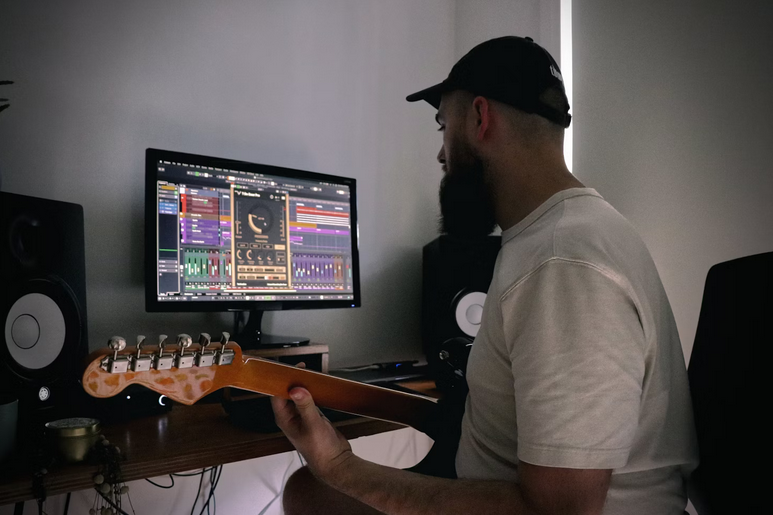Creating hit melodies is both an art and a science. Every catchy tune you hum along to starts with someone experimenting, dreaming, and refining their ideas. Have you ever found yourself tapping your foot to a song and wondering what makes it so irresistible? It’s not just luck; there are specific techniques that can help any songwriter craft unforgettable melodies.
From the first note to the last chord, there’s magic in how melodies unfold. Whether you’re an aspiring musician or a seasoned pro looking for fresh inspiration, Unison can be your best friend. But a great tool won’t work without a skill, this guide offers practical tips to elevate your songwriting game. Let’s dive into some essential techniques that will have listeners singing along long after the music stops playing.
Start With a Strong Hook

A strong hook is your melody’s first impression. It grabs attention and pulls listeners in right away. Think of it as the opening line of a great novel or the punchline to a clever joke. Start with something memorable—an intriguing rhythm, a catchy phrase, or an unexpected interval. This initial idea doesn’t have to be complex; simplicity can often resonate more deeply than intricate arrangements.
Experimenting with different instruments can also help create that captivating sound. A piano riff might evoke one emotion while a guitar strum may spark another entirely. Whichever route you take, prioritize clarity and impact in those first few notes. A well-crafted hook sets the tone for what’s to come, ensuring your audience stays engaged from start to finish.
Repeat Key Elements But Add Slight Variations
Repetition is also a powerful tool in music. It creates familiarity and helps listeners connect with your melody. However, the challenge lies in keeping it fresh. So how do we use great repetition? First, introduce variations to those repeated phrases. Change up the rhythm or shift some notes while maintaining the core idea. This keeps your audience engaged without losing that essential hook.
Then, try using different instruments for each iteration as well. A piano might deliver warmth on one pass, while strings can add depth on another. Each layer brings something new to the experience. Experiment with dynamics too—play softer or louder during repetitions to evoke different emotions.
Layer Melodies

Did you know that by adding complementary lines, you create depth and texture that draws listeners in? Okay, but how? Start with your main melody as the foundation. Then, introduce additional harmonies to support it. These don’t have to be complex; even subtle variations can enhance the overall sound.
Try different instruments or vocal ranges for each layer. This adds an exciting dimension to your music and keeps it fresh throughout. Use counter-melodies wisely. They should complement rather than overpower your primary line. The balance is key here; too much complexity may muddy the waters instead of enriching them. Listen closely as you layer, adjusting dynamics where needed.
Play With Dynamics
Dynamics are the heartbeat of a melody. They bring emotions to life, creating highs and lows that resonate with listeners. Experimenting with volume can transform a simple tune. Soft moments invite introspection, while powerful crescendos ignite passion. This contrast keeps your audience engaged.
You can also go crazy with unexpected drops in intensity. A sudden quiet can amplify the impact when the music swells back up again. It creates anticipation and draws listeners deeper into your soundscape. Playing with dynamics isn’t just about volume; it’s about feeling too. Infuse your performance with emotion—let each note breathe its own character through gentle phrasing or bold strokes.
Crafting memorable melodies is an art that combines creativity with technique. Each of these techniques offers tools for crafting hit melodies that linger long after they’ve been heard. Use them as part of your musical journey, and you’ll find yourself writing tunes that not only catch ears but also touch hearts.




